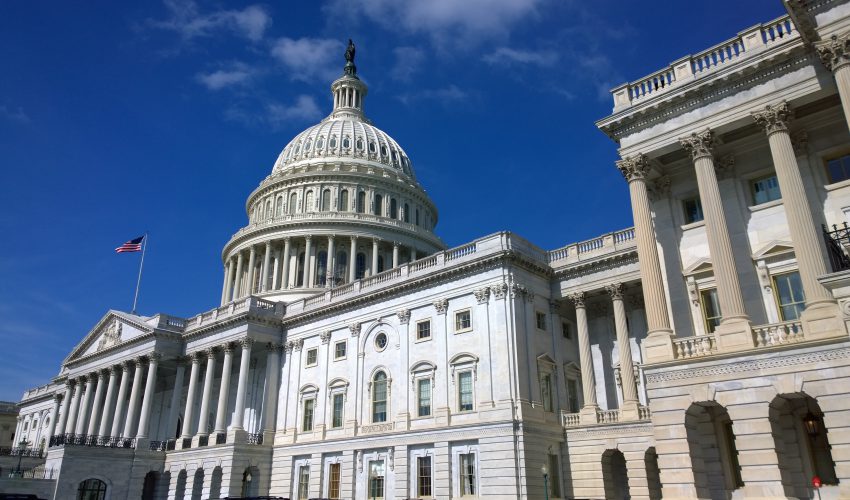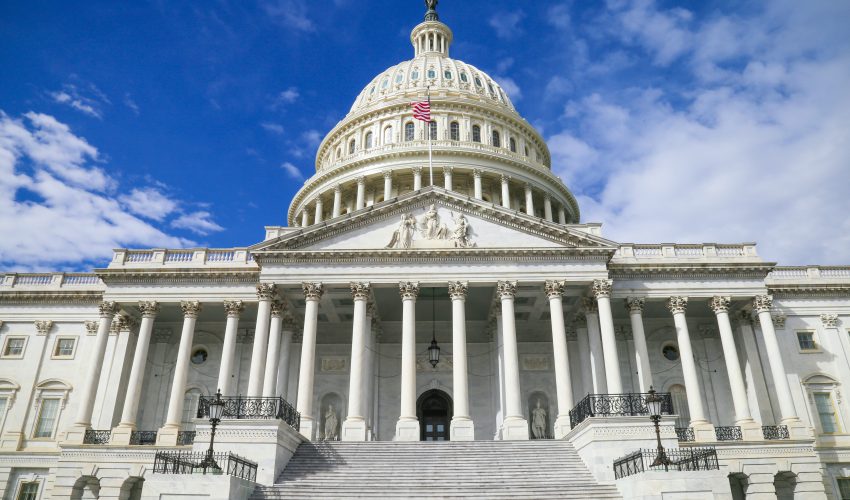FOR IMMEDIATE RELEASE
May 22, 2020
ATTORNEY GENERAL SEAN REYES JOINS COALITION OF 34 STATES URGING CONGRESS TO PASS LEGISLATION ALLOWING MARIJUANA-RELATED BUSINESS TO ACCESS THE BANKING SYSTEM
Utah Treasurer David Damschen and Utah Bankers Association in Support of This Effort
SALT LAKE CITY – The badly needed gap between federal regulations and the lack of access to financial institutions for medical and legal use marijuana businesses is being addressed with proposed federal legislation that has the support of Utah Attorney General Sean Reyes, Utah Treasurer David Damschen and the President of the Utah Banking Association, Howard Headlee.
Attorney General Reyes today joined a bipartisan coalition of 34 state and territorial attorneys general urging Congress to pass, as part of upcoming COVID-19 relief legislation the federal Secure and Fair Enforcement (SAFE) Banking Act (H.R. 1595) or similar measures that would give legal marijuana-related businesses access to the federal banking system.
“This bill would allow Utah to make critically needed changes regarding legal medical cannabis transactions in our state,” said Utah Attorney General Sean D. Reyes. “Utah worked hard to find a sensible, humane and balanced approach to medical marijuana policy. But current federal law prevents access to insured financial institutions for businesses in this industry. That creates significant practical and public safety issues for both the general public and for Utah businesses legally operating in the medical cannabis space.”
Utah Treasurer David Damschen said, “There is no silver bullet to address the cannabis banking problem on the state level. We need the federal government to respect the move among states toward varying degrees of legalization and to better harmonize its laws regarding cannabis-related activities, particularly with respect to banking regulation.”
Damschen continued, “The inability of insured financial institutions to handle cannabis-related transactions has forced businesses and governments throughout the U.S. to resort to cash to settle transactions. This represents an enormous public safety issue, increasing risk of violent crime, fraud, and theft. Providing regulated and insured financial services to cannabis businesses allows law enforcement, and specifically the Financial Crimes Enforcement Network (FinCEN) within the U.S. Department of Treasury, the transparency needed to distinguish legal cannabis businesses from illegal activity.”
Utah Banking Association President Howard Headlee said, “Utah Banks offer critical services for small businesses to deposit their daily receipts, manage cash flow, secure loans and protect assets. The changes outlined in the SAFE Banking Act will allow the new medical marijuana businesses to operate just as every other law-abiding business does in our state. We will be able to safely accommodate a sector that otherwise would be relegated to untenable methods just to operate normally.”
Under existing law, federal regulators prohibit financial institutions from providing services to marijuana businesses in states where medical or retail marijuana sales are legal. Forcing legal businesses to operate as cash-only operations poses serious safety threats, creating targets for violent and white-collar crime. The SAFE Banking Act permits marijuana-related businesses in states and territories with existing regulatory structures to access the federal banking system.
The SAFE Banking Act has widespread, bipartisan support with 206 cosponsors in the U.S. House of Representatives. The House passed the bill in September 2019. The HEROES Act relief legislation, which the House approved last week, also included the language of the SAFE Banking Act.
In their letter, the attorneys general note that the COVID-19 pandemic has shed new light on problems that the SAFE Banking Act is intended to remediate, including health and safety concerns stemming from frequent and large cash exchanges.
The full text of the letter can be read here.
###




